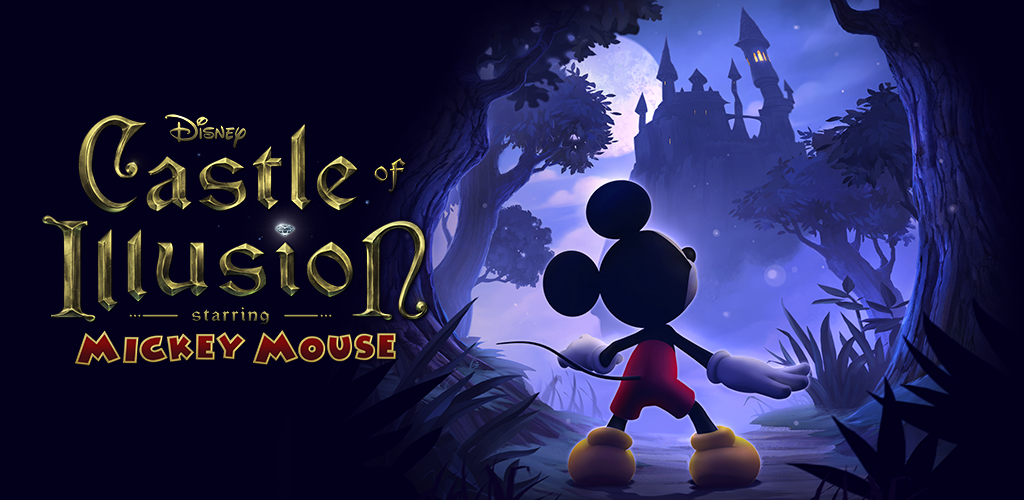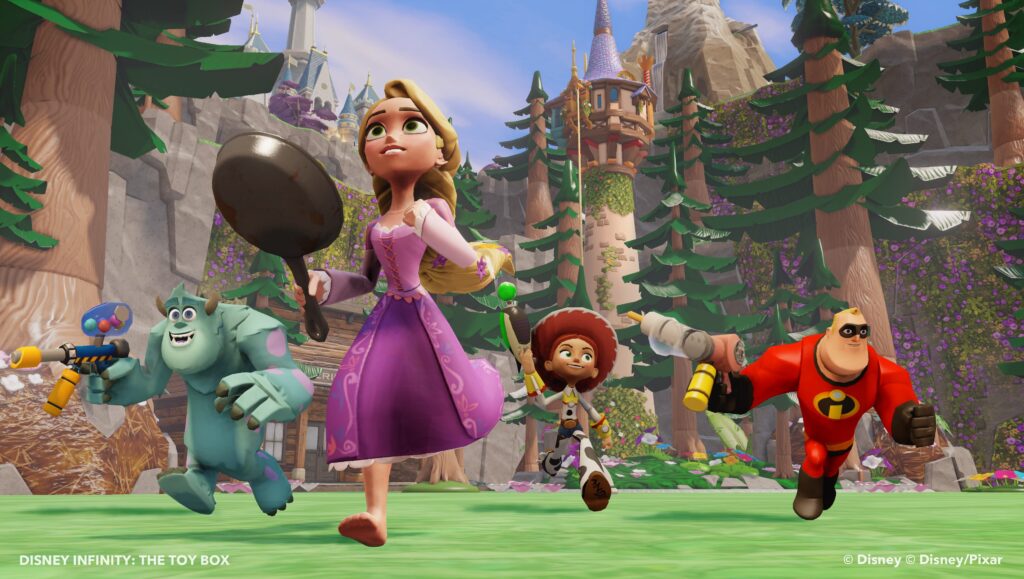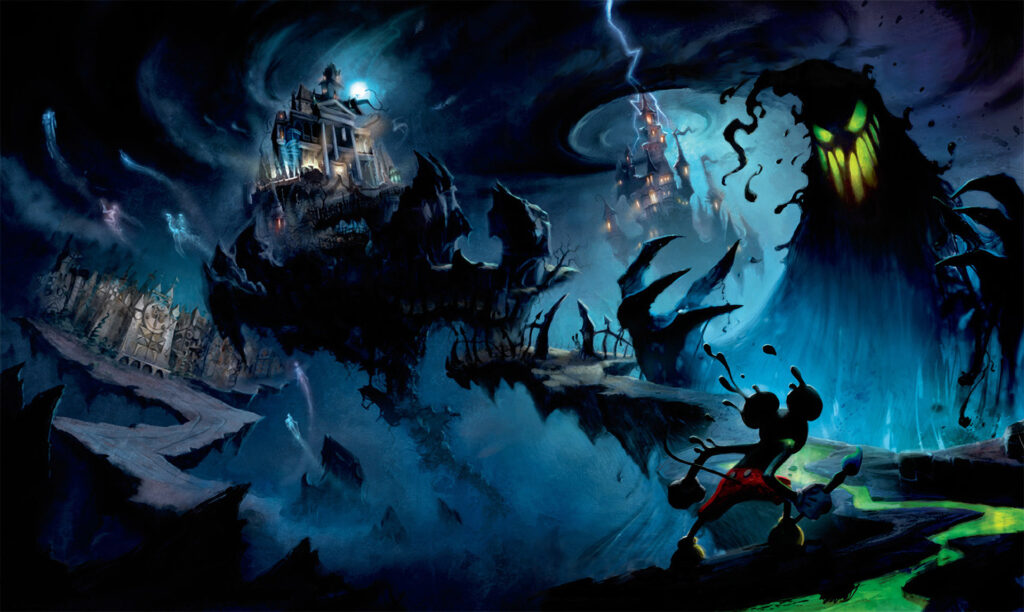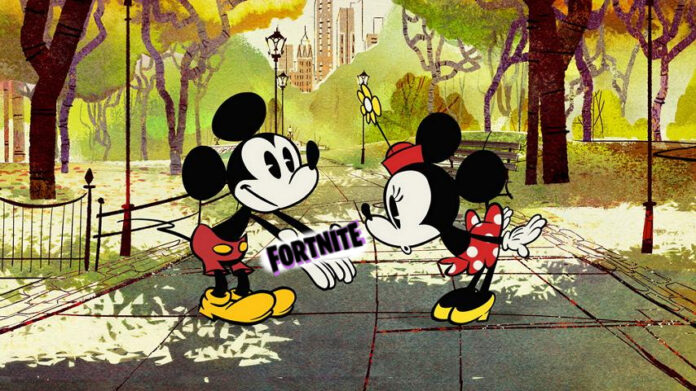Disney’s renewed push into interactive is a watershed moment in entertainment with video games at the center. The investment suggests that conventional media and entertainment firms are finally ready to dive into the games industry.
It took a while, though.
Bob Iger, who grew Disney’s market cap from $48 billion to $257 billion during his 15-year tenure that ended in 2020, came out of retirement two years later to navigate the firm’s push into digital. During this week’s earnings report, Disney announced it is taking a $1.5 billion equity stake in Epic Games.
Theme parks
The transition of a media powerhouse like Disney from offering experiences primarily in the physical world into digital environments is not an easy one. For one, it relies on its theme parks for an important part of its success. Its theme park segment reported $9.1 billion of revenues for the quarter, up 7 percent from $8.5 billion, and a profit of $3.1 billion. It trails only behind its declining Entertainment category, which totaled $10 billion (down 7 percent year-over-year), and is double the size of Sports which generated $4.8 billion (up 4 percent y/y).

Growing its Experiences division is promising and bolstered by recent successes. However, its real-world theme parks are not without encroaching risks. Disney recently lost a lawsuit against a local government official. According to the firm, it unfairly had its special tax privileges for its real estate in Florida removed when it opposed legislation limiting how sexual orientation and gender identity are discussed in schools. Regardless of the outcome, it increases its risk profile.
Younger audiences
The push into gaming is also a partial answer to concern from activist investors to improve Disney’s presence and relevance across novel distribution platforms, like streaming video, and entertainment categories that resonate with younger audiences. Iger has been cutting costs and increasing the price of Disney+, which lost 1.3 million subscribers over the quarter and continues to struggle to keep pace with Netflix.

But IP-holders like Disney are wise to move slowly into novel spaces. Previously it fell short of delivering on expectations when it built its own online multiplayer universe, Disney Infinity. Falling short of its internal $1 billion revenue target, Disney decided to shut down its gaming operations in 2016. It changed its stance and started expanding its presence in gaming by offering its IP to third-party developers.
Expressive Experiences
Following the success of the LEGO/Fortnite collaboration, Disney has its proof point to re-enter the games industry in a big way and have some skin in the game. A similar collaboration with Epic Games alleviates the stress of also having to provide the engine software and backbone infrastructure to create meaningful online experiences. Where Disney Infinity allowed you to play exclusively as Disney characters, Fortnite promises more agency and expressive experiences for fans of its IP portfolio.

The investment is also a well-timed adrenaline shot in the arm of the games industry, which is facing a tough year as it waits for the start of the next console cycle. Following a strong year with a lot of high-profile releases, 2024 has started with layoffs and a reduced release slate. Combined with the growing cost of doing business with platform holders, adding a novel revenue stream by working with entertainment firms and consumer brands will allow game makers to keep momentum as we inch toward 2025. Now is an excellent time to figure out how to blur the lines between physical and digital theme parks without losing the meaningfulness of the experience.
The next frontier
Disney’s move underscores a major strategic shift slowly unfolding in the entertainment industry—the recognition that gaming and interactive experiences are the next frontier for legacy media firms. After past missteps like Disney Infinity, the media giant seems to have learned from experience.

Sometimes it takes a while for technology to catch up to a creative vision. It’s not an exact science. Or, according to Disney’s own Indiana Jones in The Last Crusade: “Forget any ideas you’ve got about lost cities, exotic travel, and digging up the world. Do not follow maps to buried treasure and “X” never, ever, marks the spot.”
Looks like Iger would agree.

